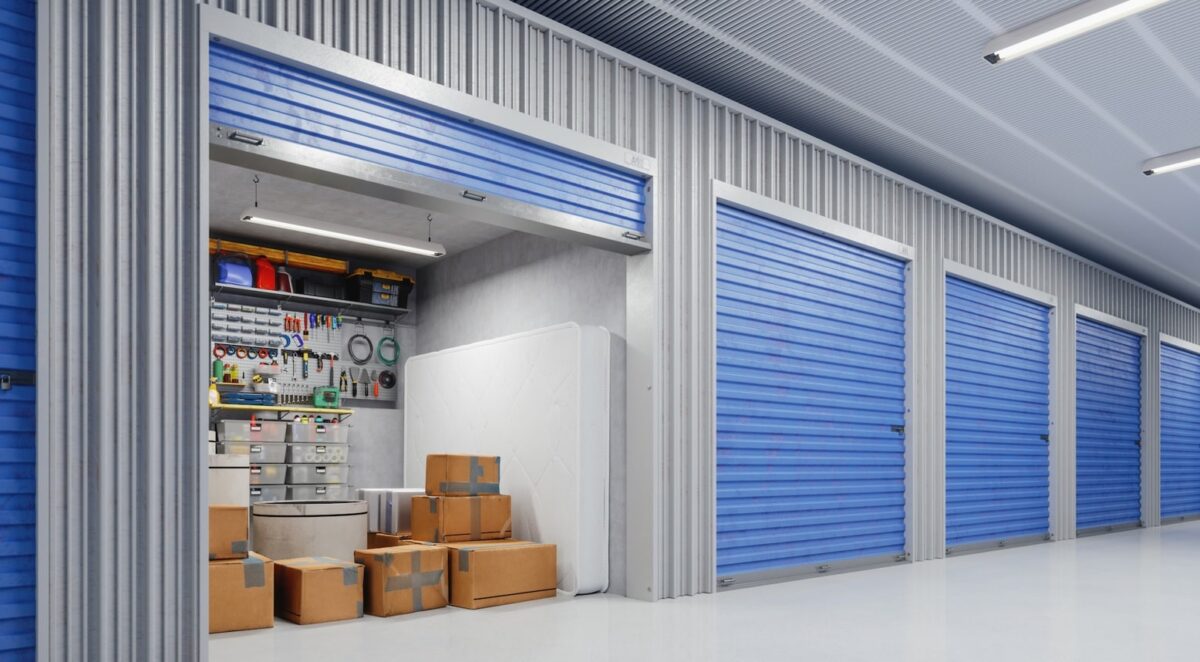The Better Business Bureau receives an average of 13,000 complaints and negative reviews on movers every year, and moving scams themselves have cost Americans a total of around $2.1 million a year. Not surprisingly, the amount of moving scams increased during the lockdowns during the COVID-19 pandemic. While the amount of scams have decreased since then, you still need to stay on your toes when dealing with movers.
While most moving companies are reliable and reputable, it’s still important to do your research. That includes asking questions when you speak to each moving company. The below questions will help you avoid scam companies and find a professional moving company that meets your requirements.
Question 1: What is your company’s experience with moving?
When it comes to moving, it’s essential to hire a professional moving company with years of experience. Moving can be a complex process that involves various tasks, such as packing, loading, and transporting your belongings to a new location. An experienced moving company can handle these tasks with ease and efficiency, ensuring that your move is as stress-free as possible. They have the knowledge and expertise to handle any challenges that may arise during the moving process, such as navigating narrow hallways or dealing with fragile items.
On top of that, moving companies that have been around for several years have likely moved pretty much everything including items like pianos, pool tables, hot tubs, antiques, and more so if you plan on moving any of these items, you know you’ll get a better moving experience when you hire reliable movers.
Finally, movers with years of experience have the necessary equipment and tools to handle your items with care and can provide additional services such as packing and unpacking, which can save you time and effort. Additionally, experienced movers are familiar with the local area and can easily navigate through notoriously tricky city and back streets without any issues. Hiring an experienced moving company is a wise investment that can save you time, money, and stress.
Question 2: Are you licensed and insured?
One of the biggest red flags for a moving company is if they are not licensed or insured. All professional moving companies have to register with the US Department of Transportation. Some states, such as New Jersey and New York, also require movers to register with the state’s Department of Transportation. All registered businesses receive a unique USDOT number (and state DOT number) that can be used to look up the company’s safety information, which includes crash investigations, inspections, and more. Licensed moving companies generally list their USDOT number on their website or provide it upon request. You can then use the number to look up information on the company including registration status, fleet size, and compliance information. Make sure the company is also “Authorized for HHG” (Household Goods), as that will confirm they are licensed for residential moves.
In addition to being licensed, you want to make sure you’re hiring insured movers. In order to receive their USDOT number, moving companies must provide proof of insurance. The most common policies include:
- General liability – protects the company from third-party claims of bodily injury, property damage, and personal injury
- Workers Compensation – provide benefits and/or medical care to moving crew in case they are injured on the job
- Commercial Auto Insurance – protects commercial fleet in case of accidents
Some movers go a step further and add on Umbrella Liability. This supplemental policy offers protection for settlements, legal costs, and judgements. Many apartment buildings require movers to have Umbrella Insurance, so it’s not necessarily a red flag if you hire movers who don’t have it. Just asking if the company has insurance isn’t necessarily enough. You should ask them for a certificate of insurance, a form that lists all of the insurance policies they have, to make sure they have everything. Make sure to check the name and address listed on the form matches what listed on their website.
Finally, all moving companies must provide some form of cargo insurance in the form of released value protection and full value protection. The released value protection is completely free, but will only provide $0.60 per pound per each item that is damaged or lost in transit. Full value protection will provide one of the three options:
- Repair your damaged item
- Replace it with an item of equal current market value
- Provide a cash payout based on the market value of the item
You can also purchase moving insurance from a third-party if you happen to own a lot of valuable items.
Question 3: What services do you offer?
Hiring professionals for your move isn’t cheap, so it’s important to choose one that can meet all your needs. Outside of shipping your belongings, the best companies offer a variety of moving services. In some cases, some of these services might even be included in your basic moving such as disassembling and reassembling basic furniture, uninstalling window AC units, dismounting TVs, and more.
So what additional services can you ask for? The most common include:
- Packing and unpacking – you can choose to hire movers to pack up certain rooms or areas or hire them for your entire house. For an additional fee, the crew can unpack your boxes and place everything in closets and cabinets the way you want.
- Storage solutions – if you’re not planning to move into your new home immediately after your move then you can ask the movers to store your stuff for you. Most companies have storage units available for short and long term rentals.
- Packing materials – while you can certainly find free boxes for your move, the materials you purchase from a moving company are the same ones that they use professionally when they pack and seal up your boxes. That means you can rest easy knowing the boxes won’t fall apart in the middle of transit.
There are other services you can request such as managing bulky or specialty items like pianos and asking for additional stops in case you have some things in storage. Some movers might also be able to help you with cleaning. In either case, you should be clear on your needs and then ask the movers if they are able to meet them before deciding who to hire. And remember, all of these services will cost you extra money so be sure you have room in your budget for them.
Question 4: How much will a move cost?
Cost is usually the first thing that comes to mind when considering a move. While affordable movers do exist, even on the lower end you can expect to pay at least a couple hundred dollars for a small one-bedroom apartment. As the size of your house increases, so too does the cost.
The most important thing to notice when you ask this question is whether there is transparent pricing or not. Are you getting the runaround? Do the prices seem too low in comparison to other movers you have called? Both cases are red flags that the movers are trying to scam you. Reputable movers will provide an itemized bill that lists all charges including ‘hidden’ charges such as:
- Transportation cost
- Stair fees
- Materials
- Gas
And of course the actual moving fee. Local moves tend to charge an hourly rate for moves. In comparison, long-distance moves will charge by volume and/or weight. So long as you are upfront about what you need and any services you want to include, the final bill shouldn’t be a surprise.
Don’t Be Afraid to Ask Questions
Trustworthy movers are more than happy to field any questions you have and will provide detailed and informative answers. Be wary of anyone who tries to argue with you or pressure you into hiring them. Their prices might seem like a steal, but that’s because they’re planning to scam you out of more money. If you encounter an aggressive customer service agent, simply end the conversation and move onto the next company on your list. Hiring bad movers could lead to huge issues such as damaged or lost/stolen goods and potentially losing thousands of dollars.
If you’re ready to make your next move, make sure to hire NJ Great Movers! We provide local and long-distance moves and can provide you with all the necessary paperwork and information to put your mind at ease.



